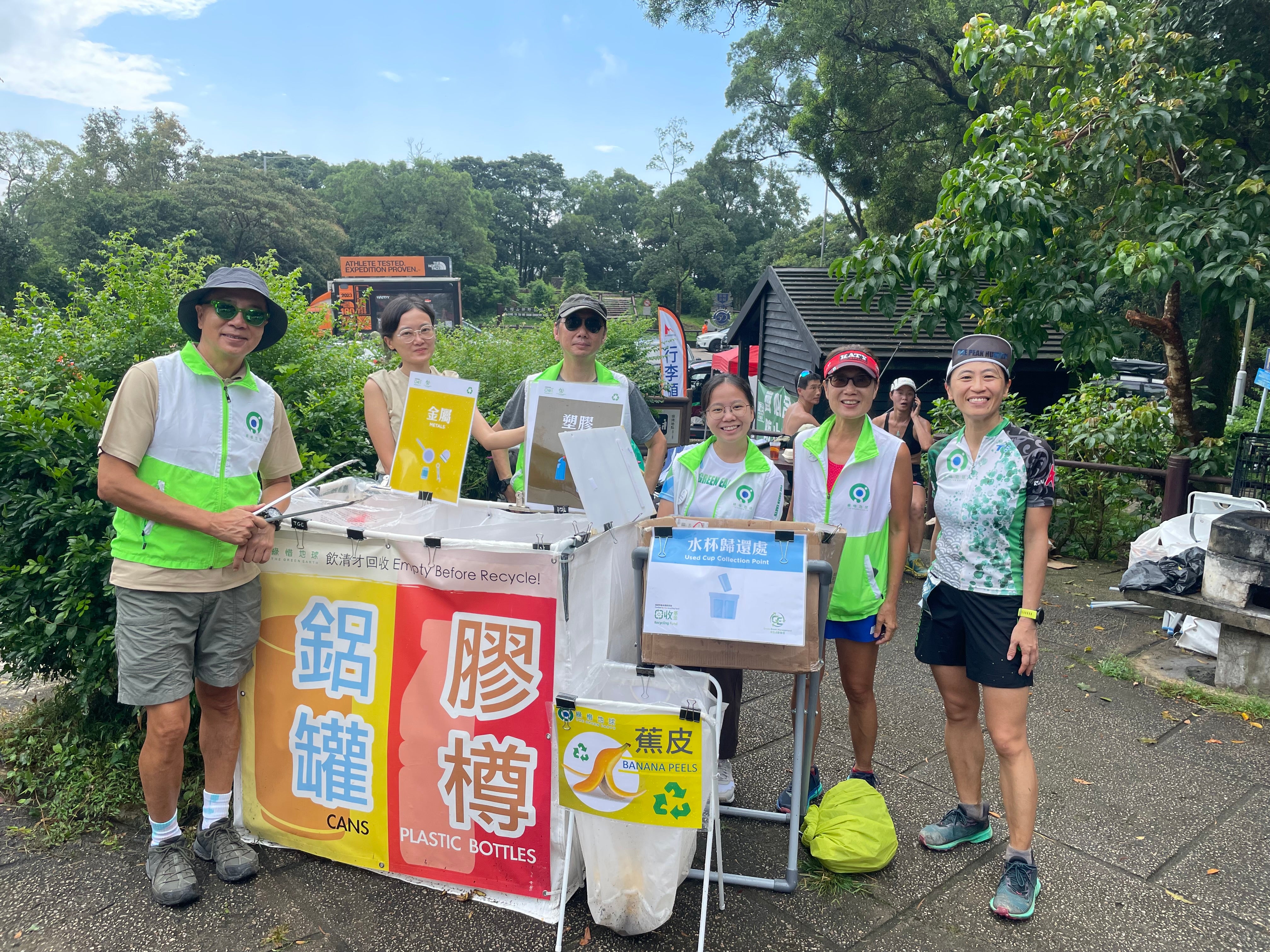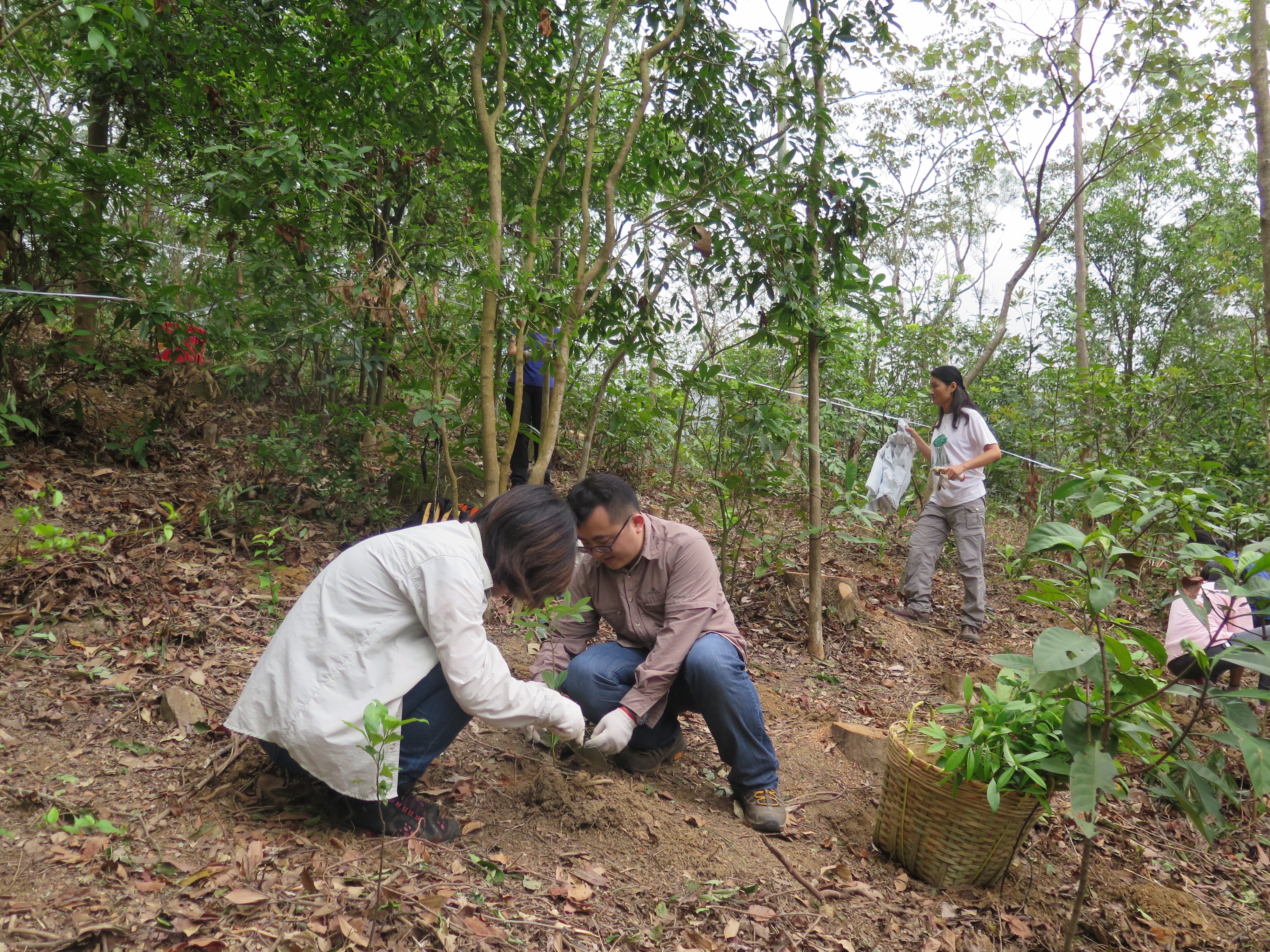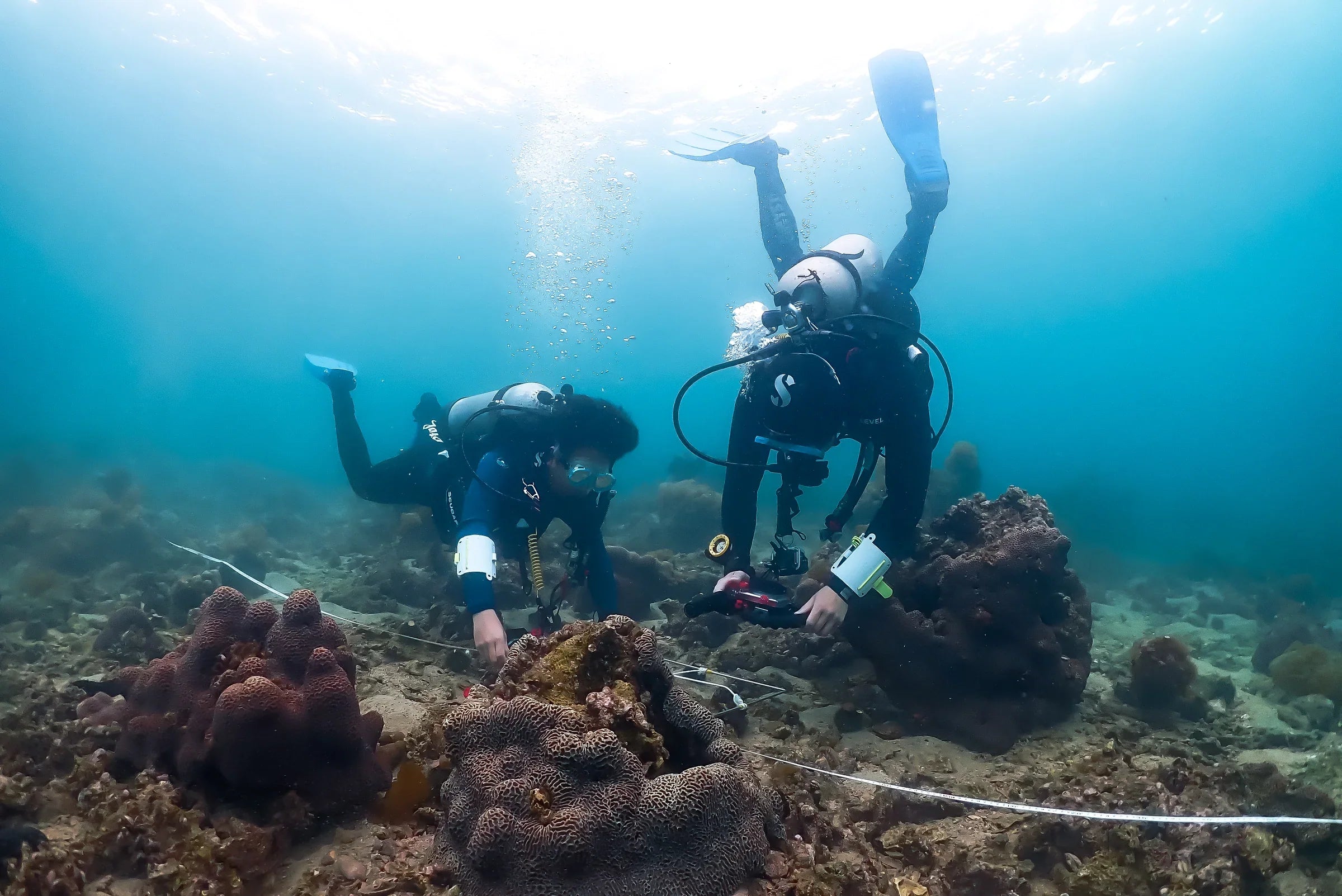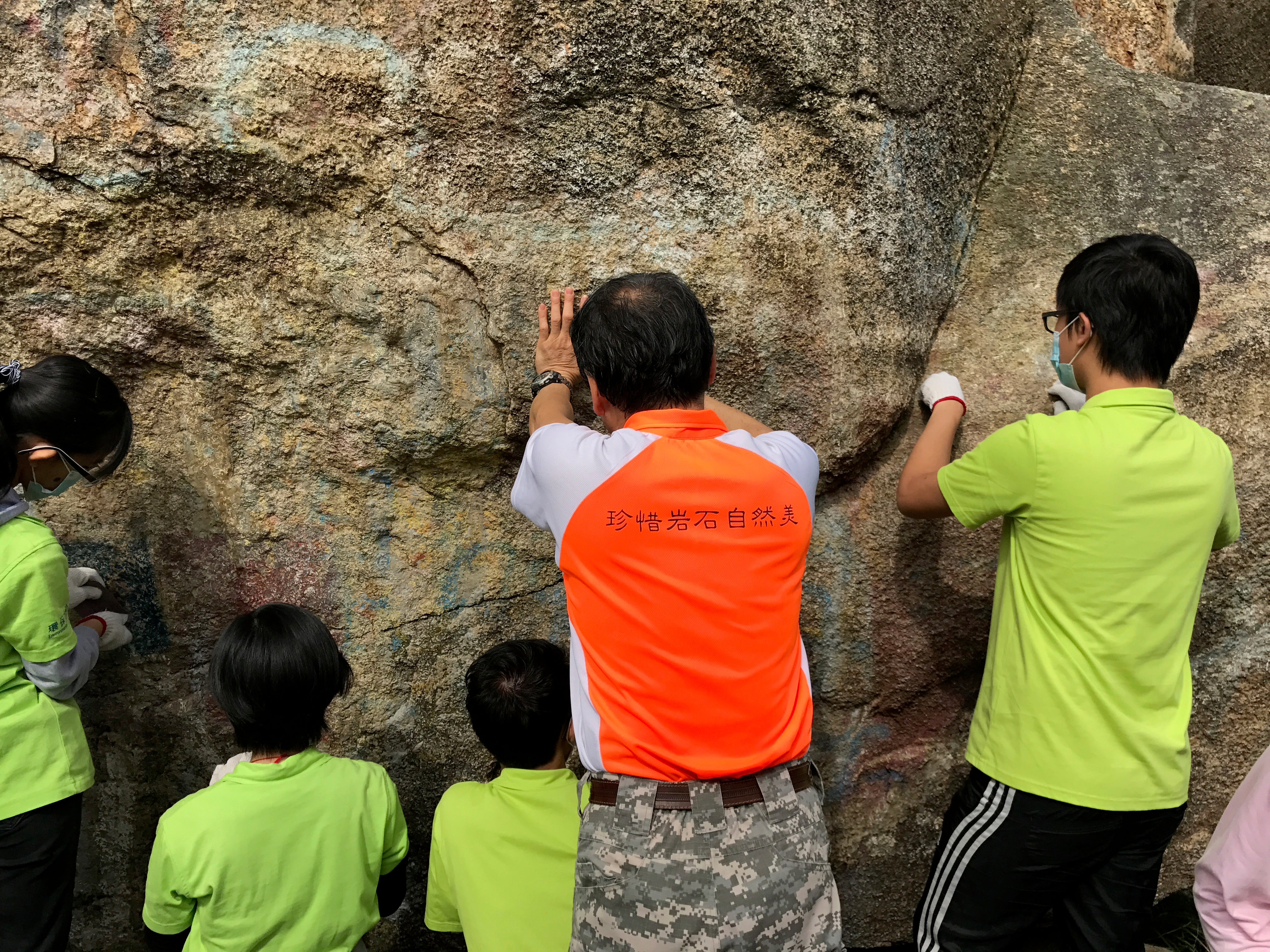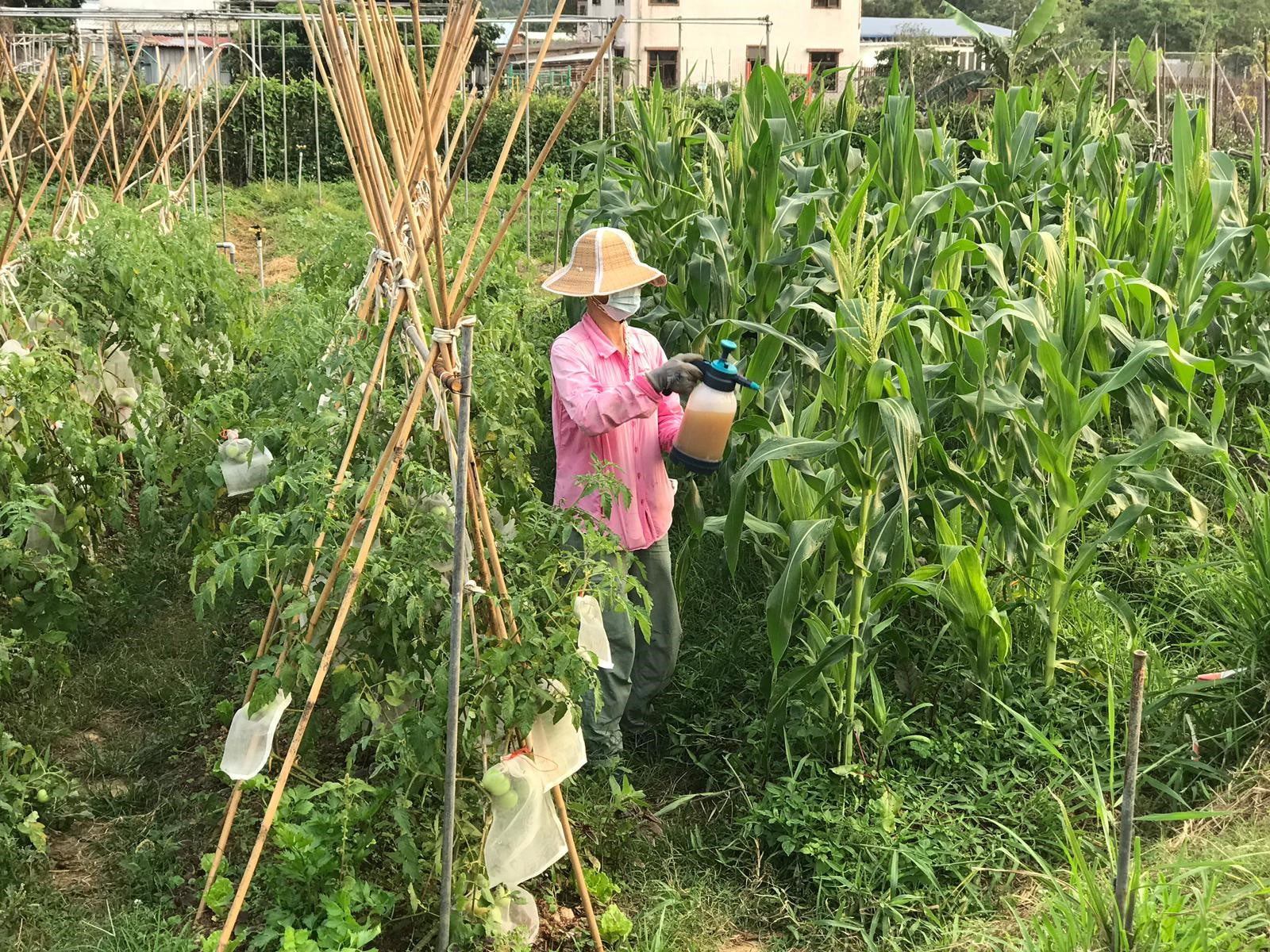Green Hope Hong Kong (“Green Hope”) aims to promote a zero-waste community and strive for a sustainable Hong Kong. Since its establishment, Green Hope has carried out various activities and projects to encourage waste reduction, advocate zero waste, and raise awareness of circular economy principles. These activities aim to arouse public interest in and educate citizens on sustainable development and environmental protection issues and engage them in discussions, thus encouraging them to adopt a greener lifestyle and cultivate a sustainable mindset.
Their key projects and initiatives include monthly nature clean-ups, community recycling booths, the “Codex of Waste” that records and analyses trash from their nature clean-ups, and their “Green School” education programs focusing on experiential learning. Their work in media and communications include editorial features published in community newspapers and monthly environmental news roundups, green tips and other updates published on their social media platforms. They also collaborate with social enterprises and charities on various community initiatives, such as the “Gift n Take” community fridge project and Resources Redistribution Program, which promote resource sharing as a means to co-create a sustainable and impactful ecosystem.
Through organizing nature clean-ups, Green Hope seeks to mobilise the public to clean up the litters on hiking trails and around coastal areas and take them to the waste management facilities in Hong Kong, thus keeping our nature clean and minimising the pollution caused by and the negative impact of litter on flora, fauna, and the environment they reside in. They also hope to enable participants to gain a better understanding of the severe problem of littering in nature in Hong Kong, thus inspiring them to take concrete actions by adopting eco-friendly hiking habits and bear the responsibility to protect the environment. While hiking, we can do more than just cleaning up after ourselves (or what the Agriculture, Fisheries and Conservation Department coined as “Take Your Litter Home”). We can even prepare trash bags to clean up waste discarded by others. In the long run, environmental education, such as advocating the “Leave No Trace” principles, waste reduction or even a zero-waste lifestyle, is the first step to solving the problem of littering in nature.




